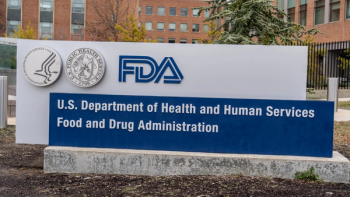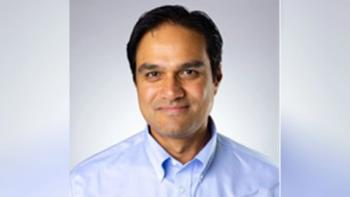
Asembia 2025: Designing Smarter Interventions with Community Insights
Tiara Green, president, Accessia Health, explains how empowering trusted local leaders and involving communities early are key to closing persistent gaps in preventive care and healthcare access.
As the healthcare industry sharpens its focus on patient-centered care, addressing social determinants of health, health equity, and literacy has become more critical than ever—particularly for individuals with chronic and rare conditions. During the "Speaking Health and Human: Bridging the Gap to Quality Patient Care" session, Tiara Green will join industry leaders to explore how barriers to access, education, and navigation of the healthcare system directly influence patient outcomes. In an interview with Pharmaceutical Executive, Green previews the key issues shaping the conversation and why understanding these factors is essential to delivering better, more equitable care.
Pharmaceutical Executive: What are some of the most impactful preventive strategies you've seen that truly bridge the gap in healthcare access?
Tiara Green: Early in my career, I worked on projects that involved community health workers. People often ask, "Why community health workers?" The answer is simple—they live in the communities we aim to serve. They reflect the population, understand their challenges, and most importantly, they’re trusted. That trust allows them to bridge the gap in access to care. They help ensure patients get the necessary screenings, and they often connect people to critical resources like job support or food assistance. Their role is essential in reducing disparities and improving outcomes.
PE: How can providers and health systems better incorporate community input when designing preventive or educational interventions?
Green: The key is to involve the community from the very beginning—during the planning phase, not just at the implementation stage. Too often, programs are created without community input and then presented as a finished product. That approach risks missing the mark. By giving the community a voice early on, we can better understand their real needs and tailor interventions that truly resonate and succeed.
Full Interview Summary: During the “Health and Human: Bridging the Gap to Quality Patient Care” session, attendees can expect a thoughtful discussion on how health equity, screening and diagnostic services, and health literacy together influence overall healthcare outcomes. The session will explore how social determinants of health—such as income, education level, and geographic location—directly impact the patient experience, especially for individuals living with rare and chronic conditions. Challenges like limited access to specialized care, difficulty navigating complex healthcare systems, and lower levels of health literacy will be key themes.
The conversation will also highlight effective strategies that have successfully bridged gaps in healthcare access. One major focus will be the role of community health workers, who serve as trusted, relatable figures within their communities. By understanding and representing the populations they serve, these workers can connect individuals to essential screenings, care resources, and social services like employment or food assistance.
Another critical point will center on how healthcare providers and systems can better design preventive and educational interventions by involving community members early in the planning process. Rather than imposing pre-developed programs, incorporating the lived experiences and voices of the target population helps create initiatives that are more relevant, effective, and sustainable.
Finally, looking to the future, the speaker emphasizes that achieving a healthier, more equitable society requires systemic and structural change. Addressing issues at the policy and institutional levels, fostering collaboration between healthcare systems and community-based organizations, and rethinking how care is delivered will be essential to creating lasting improvements in health equity.
Newsletter
Lead with insight with the Pharmaceutical Executive newsletter, featuring strategic analysis, leadership trends, and market intelligence for biopharma decision-makers.



